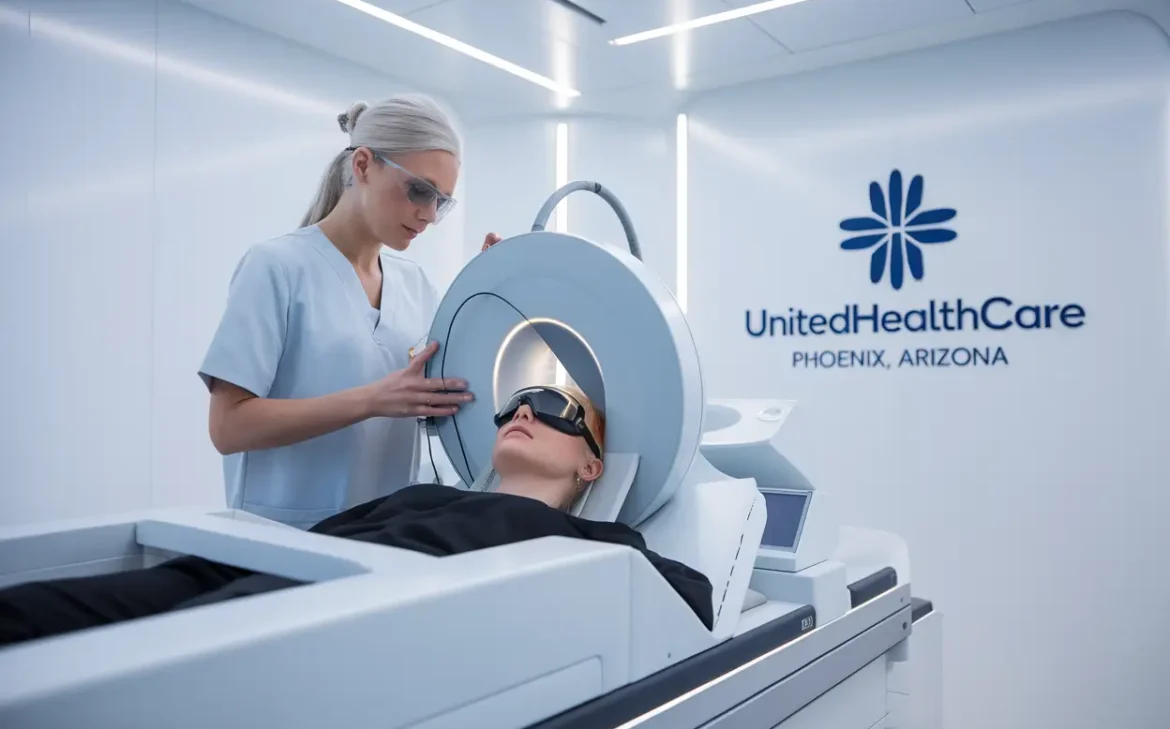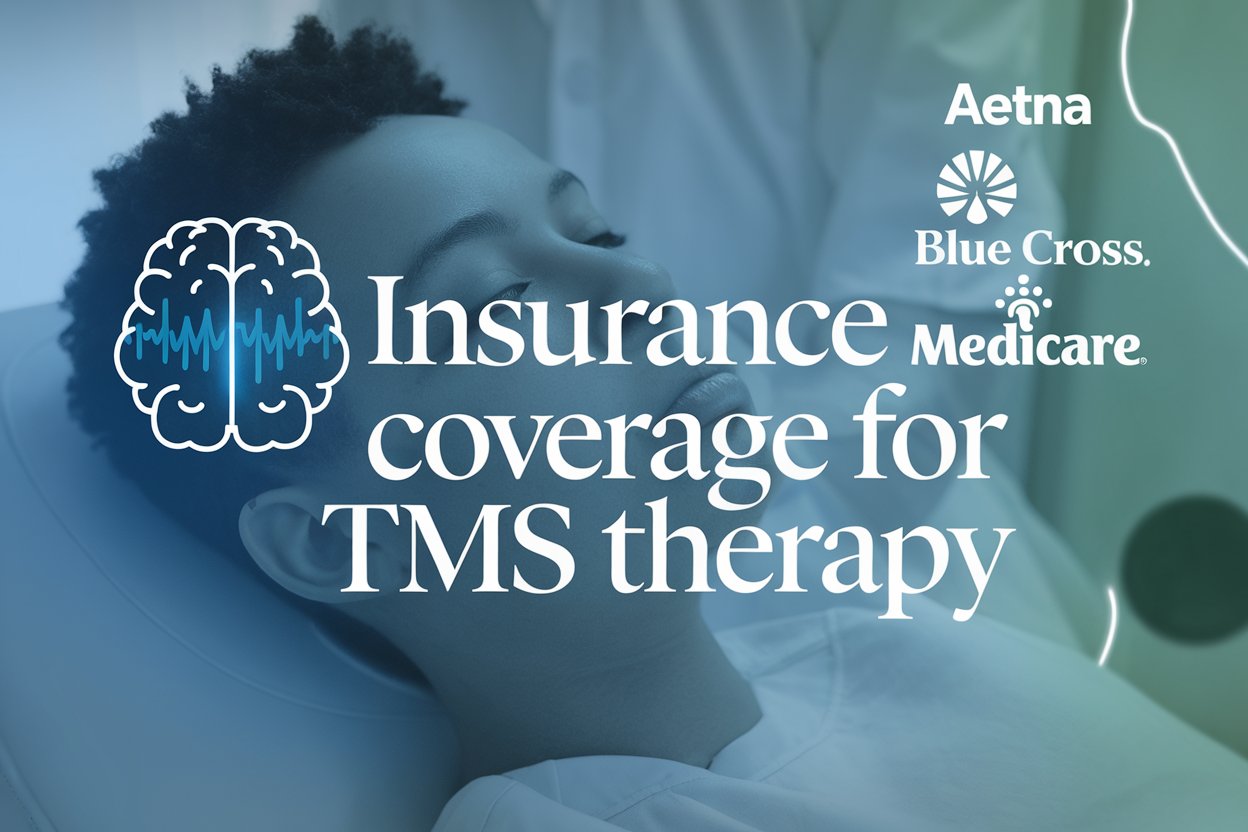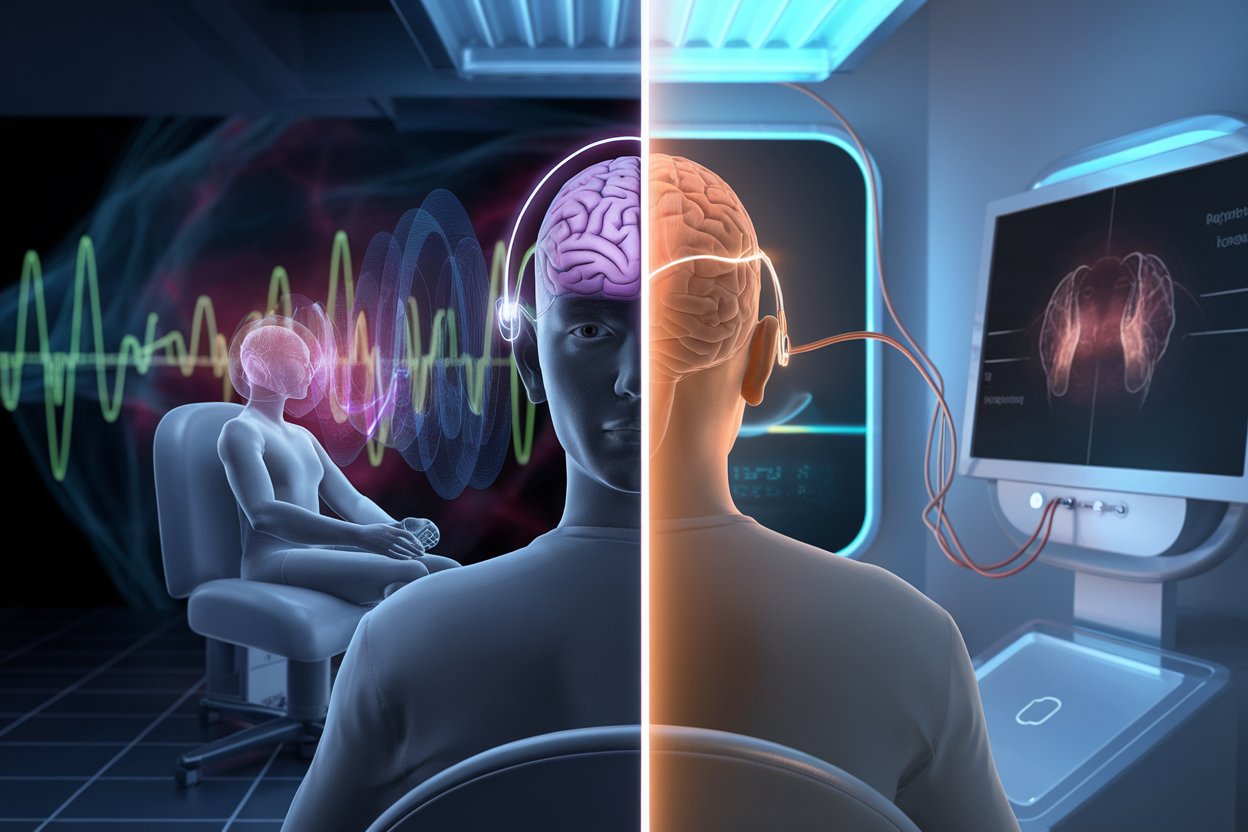Transcranial Magnetic Stimulation (TMS) is a non-invasive therapy that uses magnetic fields to stimulate specific areas of the brain. It’s primarily used to treat major depressive disorder, especially in individuals who haven’t found relief with traditional treatments. Many residents in Phoenix are exploring TMS therapy options through UnitedHealthcare’s network. However, finding in-network providers and understanding coverage details can be challenging.
What is TMS Therapy and How Does It Work?
TMS therapy involves placing a magnetic coil near the scalp to deliver pulses that activate nerve cells in the brain regions associated with mood control. This stimulation can help alleviate symptoms of depression and anxiety. The procedure is non-invasive, doesn’t require anesthesia, and is typically performed in outpatient settings.
Does UnitedHealthcare Cover TMS Therapy in Phoenix?
Yes, UnitedHealthcare (UHC) covers TMS therapy for individuals aged 18 or older diagnosed with major depressive disorder when specific criteria are met. These include having tried multiple antidepressants without success and undergoing psychotherapy without significant improvement. It’s essential to verify your specific plan’s coverage, as details can vary.
Finding In-Network UnitedHealthcare TMS Providers in Phoenix
Locating in-network TMS providers can be challenging due to limited availability and incomplete directories. To find a provider:
- Use UHC’s Provider Search Tool: Visit UnitedHealthcare’s website and use their provider search feature to find in-network TMS providers in Phoenix.
- Contact Clinics Directly: Call local clinics to confirm they accept UnitedHealthcare insurance for TMS therapy.
- Consult Your Primary Care Physician: They can provide referrals to trusted in-network specialists.
What is the Cost of TMS Therapy with UnitedHealthcare?
The cost of TMS therapy varies based on your insurance plan. Typically, patients are responsible for co-pays, deductibles, and any out-of-pocket expenses. It’s crucial to contact UnitedHealthcare to understand your plan’s specifics and any potential costs associated with TMS therapy.
How to Get UnitedHealthcare to Approve TMS Therapy Faster
To expedite approval:
- Gather Necessary Documentation: Ensure you have records of previous treatments, including medications and therapy sessions.
- Obtain a Referral: A recommendation from a psychiatrist can support your case.
- Follow Up Regularly: Stay in contact with UnitedHealthcare to monitor the status of your approval.
Alternative Options If UnitedHealthcare Doesn’t Cover Your TMS Therapy
If coverage is denied:
- Explore Clinical Trials: Some research studies offer TMS therapy at reduced or no cost.
- Inquire About Payment Plans: Many clinics provide financing options to make treatment more affordable.
- Check for Financial Assistance Programs: Some organizations offer grants or assistance for mental health treatments.
Take the Next Step Towards Better Mental Health
Navigating insurance and treatment options can be overwhelming, but support is available. At American TMS Clinics, we’re committed to helping you understand your options and providing effective TMS therapy.
Contact us today to learn more and take the first step toward improved mental health.





